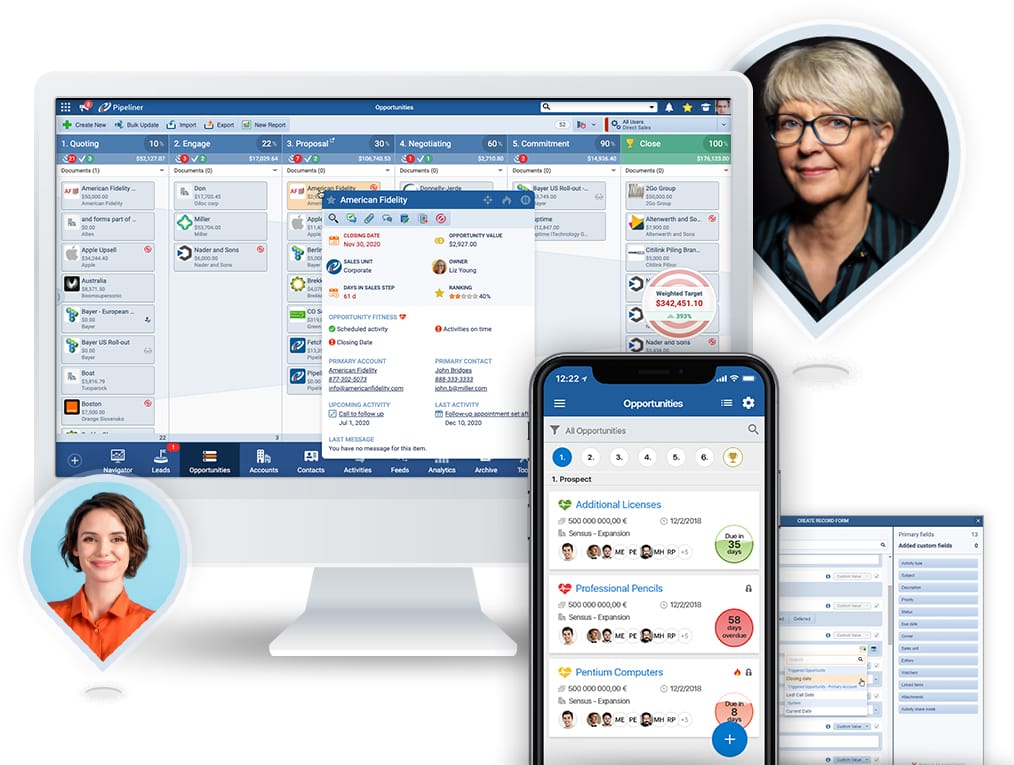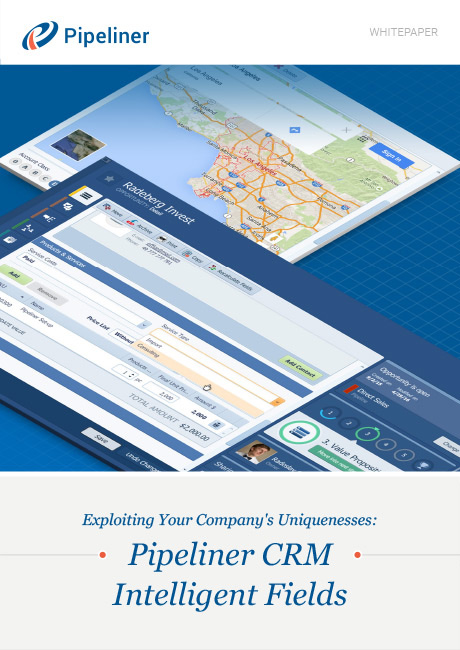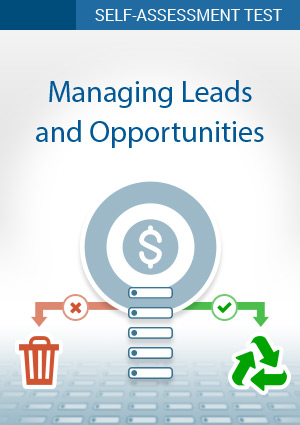PipelinePipeline Sales pipelineis a visual representation of the stage prospects are in the sales process. Management
What is CRM
- What is CRM?
- Customer Relationship Management Software
- Account Management Software
- Contact Management Software
- Sales Lead Management
- Opportunity Management
- Sales Pipeline Management
- Customer Relationship Mapping
- Sales Enablement Tools
- Sales Management Software
- Sales Process
- Sales Reporting
- Task Management
- Custom Fields
- Team Collaboration
- KPIs for Sales & Leading and Lagging Indicators
- CRM Past Failures?
Understanding Sales PipelineSales Pipeline Sales Pipeline is a type of visualization showing the status of each sales prospect in the customer life cycle or sales process. Management: What is the Sales Pipeline?
In order to understand sales pipeline management, you first must understand what a sales pipeline is. A sales pipeline is a four-stage visual representation of the sales processSales Process Sales Process is a series of strategic steps or a set of activities aimed at driving sales growth through the alignment of personnel, market insight, methodologies, relevant business units, and technology.. An effective sales pipeline will assist sales representatives and teams in managing the often complex processes required to close deals. A sales pipeline indicates how many deals a salesperson is expected to close on a weekly, monthly, or yearly basis, as well as how close a representative is to meeting their sales quotaQuota Quota is a predefined benchmark indicating the amount of sales a selling unit such as a sales rep or a regional sales team should achieve within a given period, often used as a measure of success, performance and eligibility for commissions and other rewards..
Sales pipelines have been around for a long time, but mastering them can be difficult. To be effective, sales leaders must have a combination of real-world experience, detailed design, and a willingness to change and adapt.

What is Sales Pipeline management?
Sales pipeline management is at the crux of everything we do in the sales industry. Mastering the sales pipeline is a critical step in increasing revenueRevenue Revenue is the amount of money a business generates during a specific period such as a year or a quarter; also called sales. because it allows sales representatives to stay organized and focused on selling.
In other words, the tracking and management of every sales opportunity from its inception to the successful completion of a revenue-generating contract.
A sales pipeline is a method of selling that is based on the underlying principles of the sales process. It describes the various sales stages that salespeople go through, starting with the initial contact with a potential clientClient A client is an entity who pays another entity for products purchased or services rendered. Also called a customer. or prospect and continuing with the qualification of that client or prospect into a leadLead Lead refers to a prospect or potential customer (who can be an individual or organization) that exhibits interest in your service or product; or any additional information about such entity. and finally further validating that lead into a sales opportunity, followed through the various stages of a company until closed.
Experience Pipeliner CRM Now
Why is a Sales Pipeline Important?
A pipeline is a business and marketingMarketing Marketing is the field, set of actions, or practice of making a product or service desirable to a target consumer segment, with the ultimate aim of effecting a purchase. tool that should not be overlooked or taken for granted. Here are some of the most important reasons for having a sales pipeline, foreshadowing how crucial sales pipeline management is.
1. It displays the status and accountAccount Account refers to a record of primary and background information about an individual or corporate customer, including contact data, preferred services, and transactions with your company. of sales representatives.
Sales representatives are frequently on the front lines of a company’s operations. They are required to reach your target market as well as new prospective clients. As a result, you must be able to monitor the status and accounts of sales representatives.
2. It demonstrates the worth and quality of success.
Not all business transactions generate revenue for the company. Some business transactions are dormant for an extended period of time. The sales pipeline can also detect this. What matters in business is the quantity or number of closed deals and the quality of each contract at every stage of the process.
3. It enables the company to forecast potential revenue.
It is critical for a business to have a tool for potential forecastingForecasting Forecasting is a prediction or calculation of a trend or event likely to occur in the future based on qualitative, quantitative and historical data as well as emergent but relevant factors. revenue. A sales pipeline will allow you to do the same thing by highlighting areas in sales that are nearing quota or are still far behind as weak points.
Forecasting potential revenue is critical because it can help you determine if you are still on track to meet financial targets or if you have fallen far behind and need to revise your marketing strategies.
4. It provides you with a clear report on financial metricsMetrics Metrics are quantities that are measured and used to:.
Running a business requires you to rely heavily on numbers to double-check and verify your position in every lead client and opportunity. Financial metrics are critical for determining whether goals are being met, whether profits will be available soon, or if the company is having difficulty closing deals that translate to positive business opportunities.
Here are some critical business metrics that your sales pipeline can demonstrate:
- The number of transactions that a company can complete through its representatives.
- The size of the deals that sales representatives can close.
- The percentage of transactions that are successfully converted into profit-generating opportunities for the company.
- The amount of time or period required to close a profitable deal.
5. It makes scheduling follow-up appointments easier.
Follow-ups at each stage of the sales process are one way to boost productivity in a business. Because you are more aware of which areas of the pipeline require the most pushing, using a pipeline makes it easier to schedule and conduct regular follow-ups. More importantly, sales pipeline software includes a mechanism for scheduling meetings and follow-ups with any member of your sales team, as well as with the client.

Sales Pipeline Stages
Sales pipelines vary in length, but they all have seven stages. As a result, you can customize these seven sales steps to meet your needs to create a simple pipeline representation. Furthermore, your niche and the lead generationLead Generation Lead Generation is a set of activities aimed at generating interest around a product or service through methods such as 1. content marketing (blogging, podcasts, free downloads); 2. advertising (PPC, banner ads, Yellow Pages, sponsoring an event); 3. referrals (recommendations from existing customers and other people); 4. outbound marketing (cold email, cold calling), and 5. partnerships (joint ventures, affiliate marketing). and deal conversionConversion Conversion is the process of turning a target consumer into a paying customer; or more generally, the point at which a user performs a specific action favorable to a marketer or a seller. strategies you employ will determine the order of the stages you include. This allows for optimal sales pipeline management.
#1
Lead Generation
The first step is lead generation, which is the process of identifying and nurturing inboundInbound Inbound refers to interest (could be sales or marketing driven) that comes in – e.g. cold emails to you, submitted forms on your website, press inquiries, etc. leads generated by your sales campaigns and activities at this stage of the pipeline.
#2
Lead NurturingLead Nurturing Lead Nurturing refers to the process of engaging and building long-term relationships with prospective customers through different marketing techniques that develop their preference for your product and services.
Lead nurturing is the next stage of the sales pipeline. Most businesses understand that not every customerCustomer Customer is an individual or an organization that purchases a product or signs up for a service offered by a business. is a good fit for their goods or services. The goal here is to save time and resources by performing a sales pipeline analysis to eliminate bad leads before speaking with them or creating a targeted campaign.
#3
Meeting
Following that, arrange for a demo or meeting to introduce potential buyers to your offerings and solutionSolution Solution is a combination of ideas, strategies, processes, technologies and services that effectively helps an organization achieve its goals or hurdle its challenges.. Initiating contact with a potential customer is meant to stimulate their interest in the good or service being given and to learn enough about them to decide if they’re a good fit.
#4
Proposal
Make your case by summarizing how your company can assist in meeting the needs of the potential customer. Keep your proposal as brief as possible while remaining thorough. Concentrate on the outcomes and objectives, and ensure that the number of deliverables you provide corresponds to the price. Remember to state your competitive advantages at this stage to help differentiate your proposal from other vendors your customer may meet.
#5
NegotiationNegotiation Negotiation is a strategic dialogue, discussion, or bargaining process between two or more parties with the goal of reaching a mutually acceptable agreement.
To reach an agreement on a mutually beneficial partnership, discuss expanding or contracting the scope of work, adjusting pricing, and managing expectations.
#6
Close the Deal
Congratulations, you’ve reached the most critical stage of the sales pipeline. Prospects make a purchase or sign a contract at this point. You will not make sales unless you master the art of closing the deal, no matter how good your productProduct Product refers to anything (an idea, item, service, process or information) that meets a need or a desire and is offered to a market, usually but not always at a price. or service is. There are a few key points to remember at this stage.
#7
Follow-Up
The goal of the final sales pipeline stage is to keep your company and your salesperson in the customer’s mind so that when they’re ready to buy again, they think of you first.



